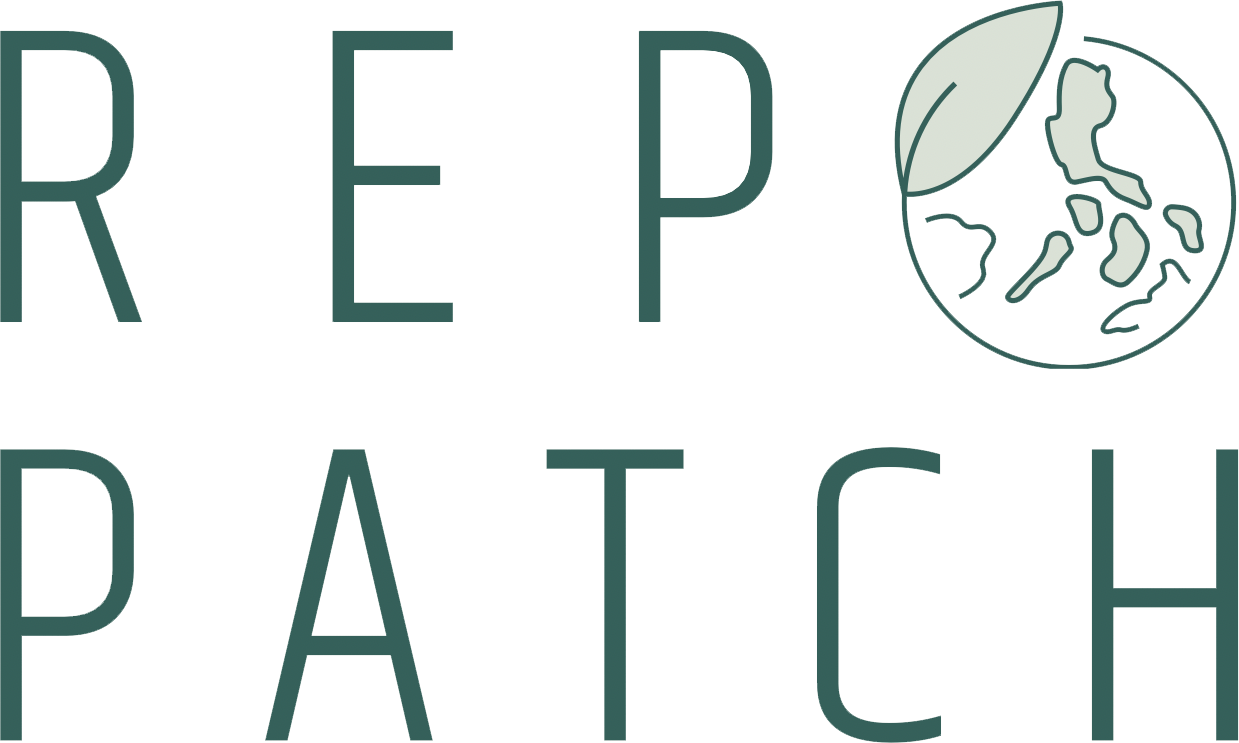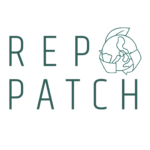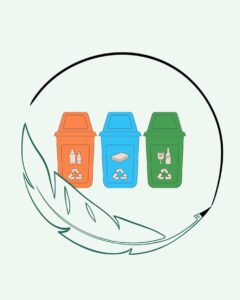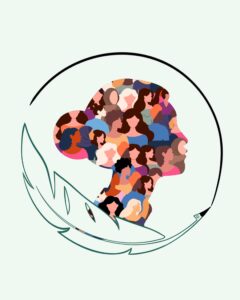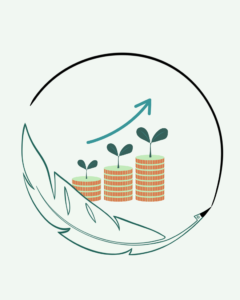Responsible consumption is a new world definition that indicates being responsible in every purchase made from textiles to food. We mention it as a new world definition because when we go back in history, consumption became an important part of daily life with the increase in the level of welfare after the Second World War. Since increasing consumption also increased production, the concepts of fast production and then responsible consumption entered our lives.
The good days when people valued people and meticulously applied their craft in production… These days were replaced by fast production and fast consumption. Therefore, we have to consume responsibly by thinking about ourselves.
The steps of sustainability and waste management that fall to the consumer are; reduce, reuse, repair and upcycle, respectively. After these steps, recycling and waste disposal methods are now delivered to the industry. At the very beginning of these steps, there is actually a secret step; responsible consumption.
What is Responsible Consumption?
The definition of responsible consumption that we come across with the changing new world; means knowing which raw materials, how, by whom and under what conditions the products we will take home are produced and then making our choices accordingly those informations. Is it enough to know the answers to these questions? Unfortunately, no. In fact, we need to be so conscious as consumers that we really need to understand the answers given and be able to make decisions accordingly.
In this article: We will discuss the textile sector in detail, which ranks second among the sectors that cause the greatest waste and environmental problems worldwide, and what we should pay attention to when shopping in this sector. Also shortly about food, technology and energy sectors.
Responsible Consumption in the Textile Sector
The damage the textile sector gives to the environment is critical. Approximately 92 million tons of textile waste is generated every year, and a large portion of this goes to landfills, negatively affecting the area, its region, the people living around it, and the world. Look to our article explaining one of the landfills: Dandora Landfill.
In addition to the waste problem and environmental threats created by the sector, some of our choices also pose a threat to our health. For example, how much do we know about polyester fabrics? When we buy a piece of clothing, whether it says 20% polyester or 100% polyester in the product description, it is the same for our health. It means that we consider a material with plastic content worthy of our precious body. Plastic content means waterproofness and durability, and it is an undeniable need in some sectors. However, for some reason, brands are pressuring us to prefer polyester when there is cotton given to us by nature in the textile sector… However, as we mentioned the properties of plastic, polyester fabric content prevents our skin from breathing, and subsequently, this can cause more sweating and microplastic content to mix with our skin.
In addition, the polyester fabrics we prefer wear out faster during use and washing, become lint and pill, and become old. As a result, brands can offer us a polyester product cheaper than 100% cotton products due to the cheapness of the material and production. This also affects the consumer’s choice, but in the big picture, the consumer loses. Because the product they prefer to buy cheaply is unfortunately not durable enough and is not suitable for long-term use.
How, by whom, under what conditions was it produced?
As Reppatch, we value ethical and equal production in our community, and our strong women are always at the forefront. However, in today’s world where consumerism and fast fashion are at their peak, big fashion brands have moved their production to developing countries with strong handicrafts, large populations, and poor economies.
These production processes usually take place in countries such as Bangladesh, India, Pakistan, Vietnam, and the like. In these countries:
- The majority of workers work non-stop under harsh conditions for low wages, sometimes for just a few dollars a day.
- Women make up 80% of the workers in the fashion industry, and these women are often forced to work long hours without social security.
- Child labor, that is, workers between the ages of 8 and 15, is unfortunately a widespread problem in some regions.
- Factories that are not sensitive to the environment consume large amounts of water and energy and discharge their waste directly into rivers and lakes. This causes serious damage to both the environment and local communities.
At the beginning of our article, we mentioned that as consumers, we need to be conscious in order to know which raw materials, how, by whom and under what conditions the products we will take home are produced and then make our choices accordingly. In this part of our article, the subject has become simpler. If we value the world, nature and humanity, if the products we will prefer are produced in one of these countries, it is our responsibility as consumers not to buy them. If we value our bodies, it is our responsibility as consumers not to prefer products containing polyester.
Responsible Consumption in the Food Sector
The decisions we make when shopping at the grocery store affect not only our health but also our agricultural lands, water resources and carbon emissions. For example:
- Approximately 1.3 billion tons of food are wasted worldwide each year. This amount is equal to approximately 30% of the total food produced.
- Industrial farming methods pollute water resources and reduce soil fertility with the intensive use of pesticides and fertilizers.
- The production of meat and dairy products in particular is one of the biggest contributors to our carbon footprint. The production of 1 kg of beef requires approximately 15,400 liters of water and causes significant greenhouse gas emissions due to livestock farming.
As a responsible consumer, we can choose to shop from local producers, choose seasonal products and reduce our consumption of animal products. These choices play a critical role in both individual health and environmental benefits.
Responsible Consumption in the Technology and Electronics Sector
Electronic waste is among the fastest-growing waste categories in the world. Approximately 50 million tons of electronic waste is produced each year, and only 20% of this is recycled. Rare minerals used in products such as smartphones, tablets and computers consume nature’s limited resources and cause environmental damage.
As consumers, when purchasing electronic products:
- We should prefer longer-lasting and more durable devices, and avoid the habit of frequently changing devices.
- We should change our tendency to buy new devices instead of having them repaired, which is instilled in consumers by brands, and support brands that encourage repair.
- We can take a step to contribute to the environment by recycling electronic devices that we do not use.
Responsible Consumption in the Energy Sector
Our daily energy consumption directly affects our carbon footprint. Is the source of electricity we use in our homes clean energy or fossil fuels? The answer to this question determines the impact of our individual choices on the planet.
As a responsible energy consumer:
- We should prefer energy-efficient devices and reduce electricity use.
- If possible, we should support solutions such as solar panels or wind energy by turning to renewable energy sources.
- We can save energy by using our heating and cooling systems more consciously.
Small Steps, Big Impacts
Textiles, food, technology or energy… No matter which sector it is in, responsible consumption requires a conscious lifestyle. Each of our choices affects not only our individual lives, but also all living things on earth and future generations.
You may be asking, “How can my choices have an impact?” However, individuals are part of the whole and each part of the whole has its own sphere of influence. These spheres of influence actually form the whole. Therefore, if you make your choices today to be a responsible consumer, your sphere of influence will also begin to learn and develop from you. As the wheel of development turns, major changes and effects that will affect the whole will emerge.
